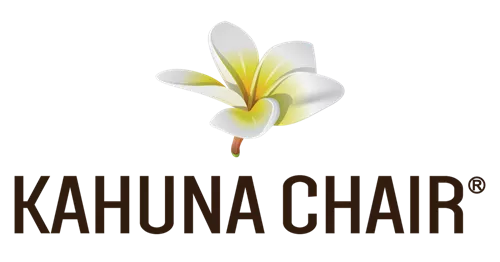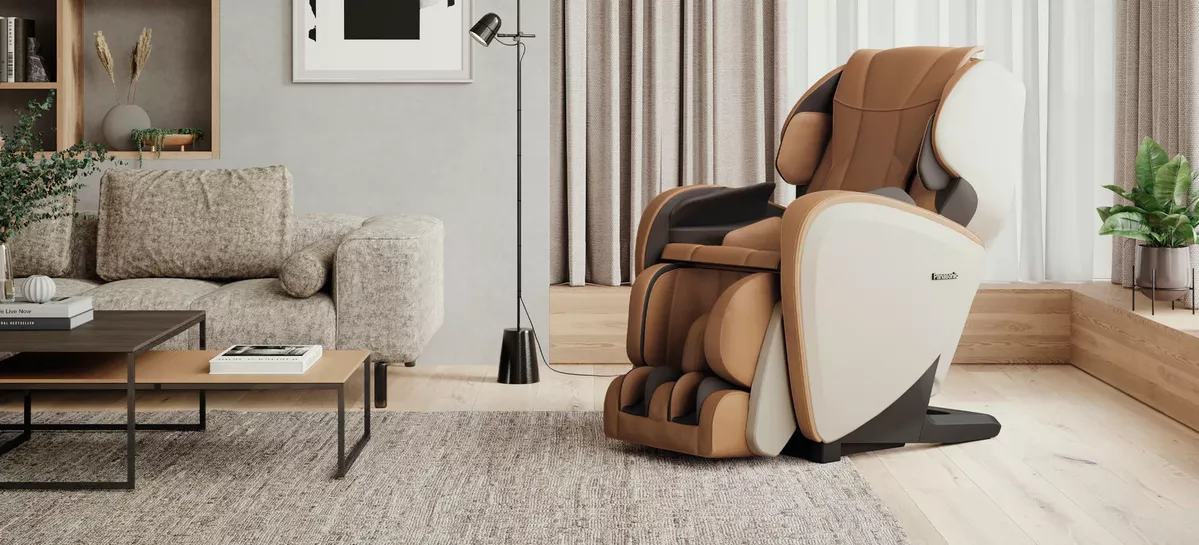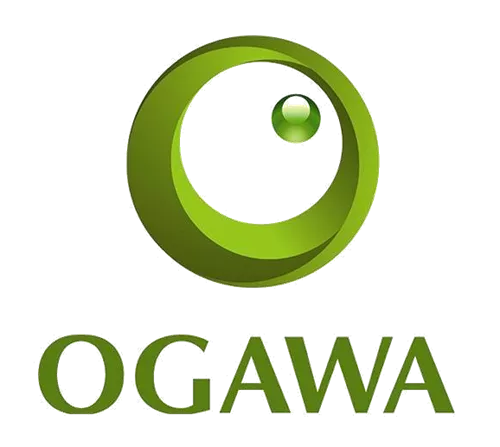
-
Designed and manufactured in Japan with full safety certifications
-
Home to the iconic Junetsu kneading technique
-
FDA-registered and UL-certified for therapeutic use
-
Focused on muscle therapy, posture correction, and quiet operation
-
Clean, compact frames that fit into modern living spaces
-
Exceptionally smooth roller transitions and proven longevity

-
Amazon’s top seller under $2,000 (LM-6800S)
-
Proprietary Hyper SL-Track up to 51 inches
-
Triple-stage Zero Gravity standard on most models
-
Mid and high-end chairs support users up to 330 lbs
-
Up to 96 airbags in flagship models
-
Affordable 4D and even “6D” motion systems under $10k
Panasonic Massage Chair

Panasonic is a household name with over 100 years of engineering legacy—and its massage chairs are no exception. With all models engineered and manufactured in Japan, Panasonic takes a medical-mechanical approach, prioritizing deep-tissue techniques, safety, and durable construction.
Rather than competing on flashy tech or oversized recliners, the brand aims for clinical-level massage in compact, well-designed packages. Chairs like the MAK1, MAN1, and MAF1 serve different needs but all emphasize roller refinement, real muscle therapy, and long-lasting mechanical consistency. Panasonic isn’t a lifestyle brand—it’s a wellness instrument disguised as furniture.
Kahuna Massage Chair

Kahuna, owned by AJX Distribution Inc. in California, began in 2013 as an Amazon-first brand and rapidly grew into one of the most visible names in the U.S. massage chair space. Its claim to fame is performance-driven chairs with aggressive pricing, particularly in the $1,500–$5,000 range.
While the brand lacks a luxury polish and isn't accredited by the BBB, it compensates with an extensive lineup, surprising feature density, and chairs that frequently appear at the top of Amazon’s bestseller lists. Kahuna engineers its chairs in-house, builds them in ISO-certified facilities in Asia, and handles warranty and parts from California. For users focused on value, stretch, and long tracks, it's an appealing contender—though refinement takes a back seat to performance.








.png)